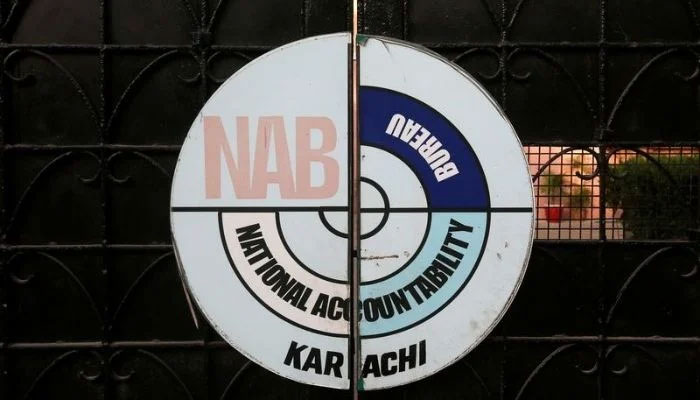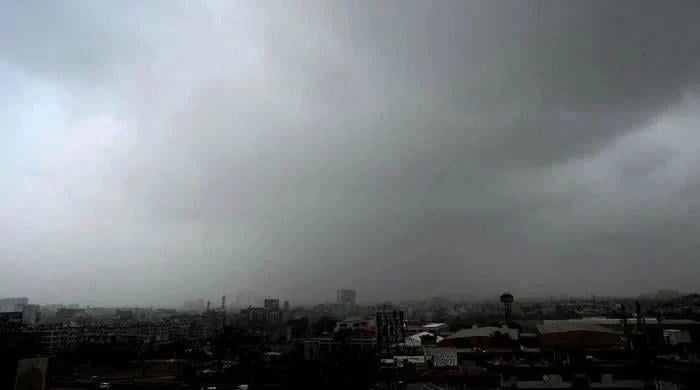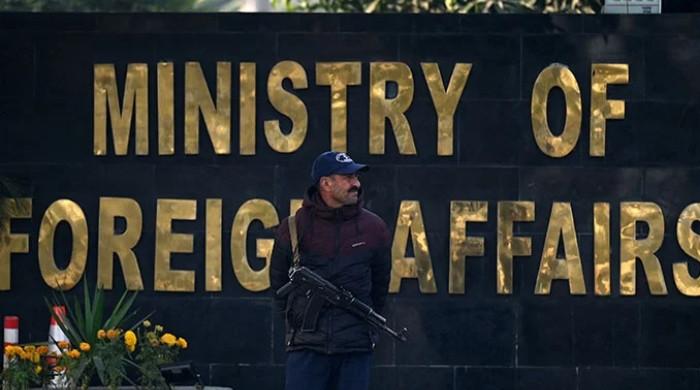NAB starts first phase of internal reforms
Parameters have been defined in new guidelines for submission of complaints
January 27, 2024

- If an allegation is proven wrong then legal action will be taken.
- NAB to focus on mega corruption, money laundering cases in future.
- Identity of defendant to be kept confidential until guilt is proven.
ISLAMABAD: The National Accountability Bureau has introduced first phase of internal reforms which deal with fair handling of complaints within its hierarchy to inject greater efficiency into NAB operations and dispel public perception of the NAB.
Under these guidelines, mala fide/frivolous complaints will be considered a cognizable offence and liable to legal action against applicants in courts. Parameters have been defined in the new guidelines for submission of complaints, providing complete personal details of applicants with affidavit and admitting that the information provided in the complaint is correct and without any mala fide intentions. Further, the applicant will be liable to legal action under the law if allegations are not proved.
Considering damage of self-respect and self-esteem of persons against the moral code of ethics, the persons complained against, shall be addressed as “defendants” under the new guidelines which have been framed to ensure human rights as enshrined in the Constitution of Pakistan. No NAB officer has been allowed to contact defendants during the initial complaint verification process and if a complaint is received against a woman, she will be called for investigation along with her blood relative and in case the relative is not available, a female NAB officer will conduct the inquiry. It has been decided that in the future, the main focus of NAB will be on mega corruption and money laundering cases. The identity of the defendant will be kept confidential until guilt is proven.
Similarly, the priority of complainants has also been outlined in the new guidelines. Incomplete and anonymous complaints will be discarded at the initial level. The guidelines will be available on the NAB website and disseminated through SMS and other modes of communications for general public awareness and guidance. Dedicated Complaint Cells (CC) have been established at the NAB Headquarters and Regional Bureaus under the direct supervision of the chairman and deputy chairman NAB to initiate investigations into complaints at the initial stage. Initially, the process of complaint verification will be completed within a prescribed period of 7 to 15 days. The defendant will not be called during this period. Specific guidelines have been issued for processing complaints against elected representatives, bureaucracy and businessmen. The identity of defendants/government officials, etc will be kept strictly confidential during the complaint verification process.
It is to be mentioned that complaints against officials up to BPS-19 shall be authorised by regional DGs, whereas approval of process on complaints against BS-20 and above officers will be authorized by the chairman NAB. Government officials will not be called in person to NAB premises during verification and inquiry stage. Accountability Facilitation Cells are being established in respective Civil Secretariats for verification of requisite information of government officials, considering their self-respect and dignity.
Likewise, separate Business Facilitation Cells comprising representation of respective chambers of commerce and industry, realtors and business associations are being established for processing complaints against businessmen, keeping dignified code of probe. A feedback mechanism of visitors shall be adopted by all regional bureaus, whereas a pro forma both in English and Urdu will be issued to all visitors for providing their feedback in writing regarding the duration he was burdened to wait and interact with investigation officers. His feedback will be given due importance and presented to the chain of command. Measures have been described in the new guidelines regarding pending complaints, whereas complaints which don’t meet the criteria shall be disposed of by regional bureaus after taking appropriate measures.
Originally published in The News









